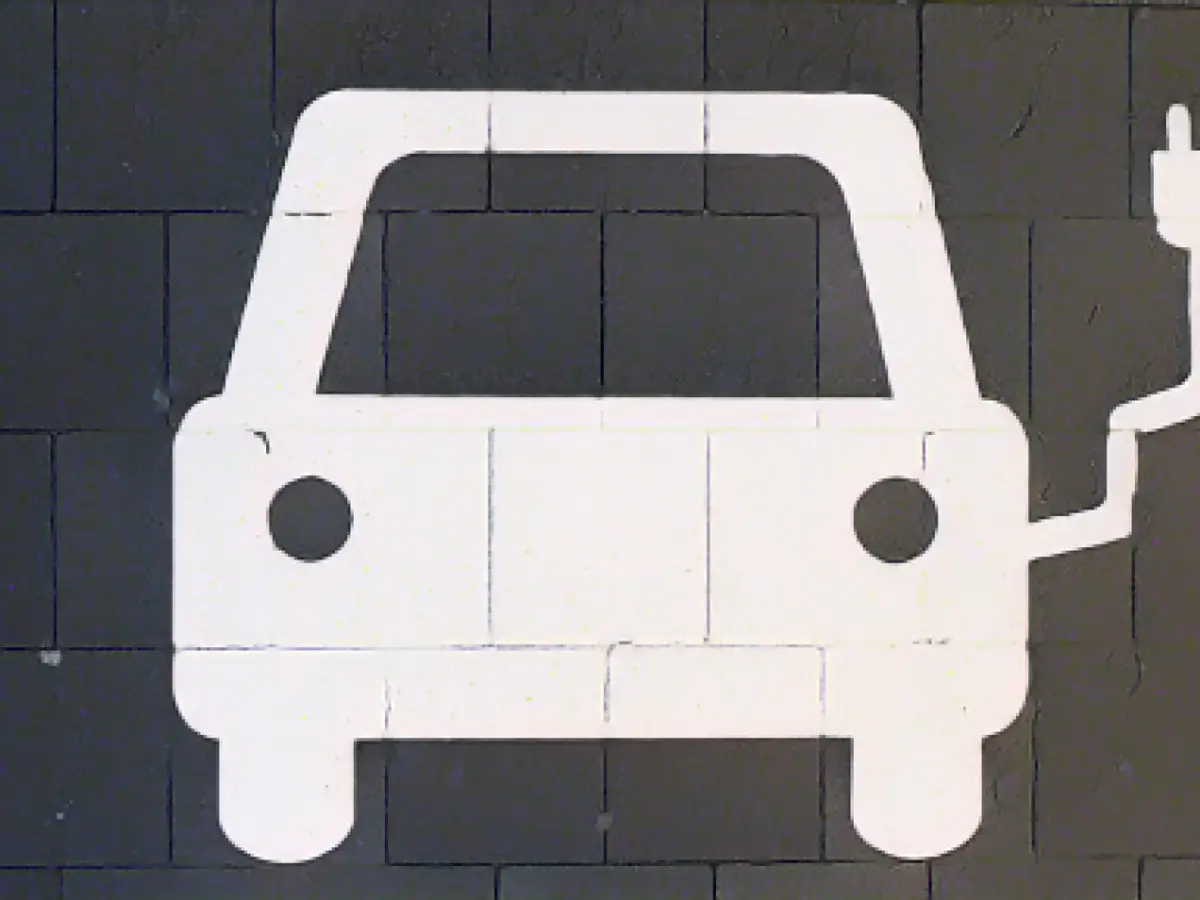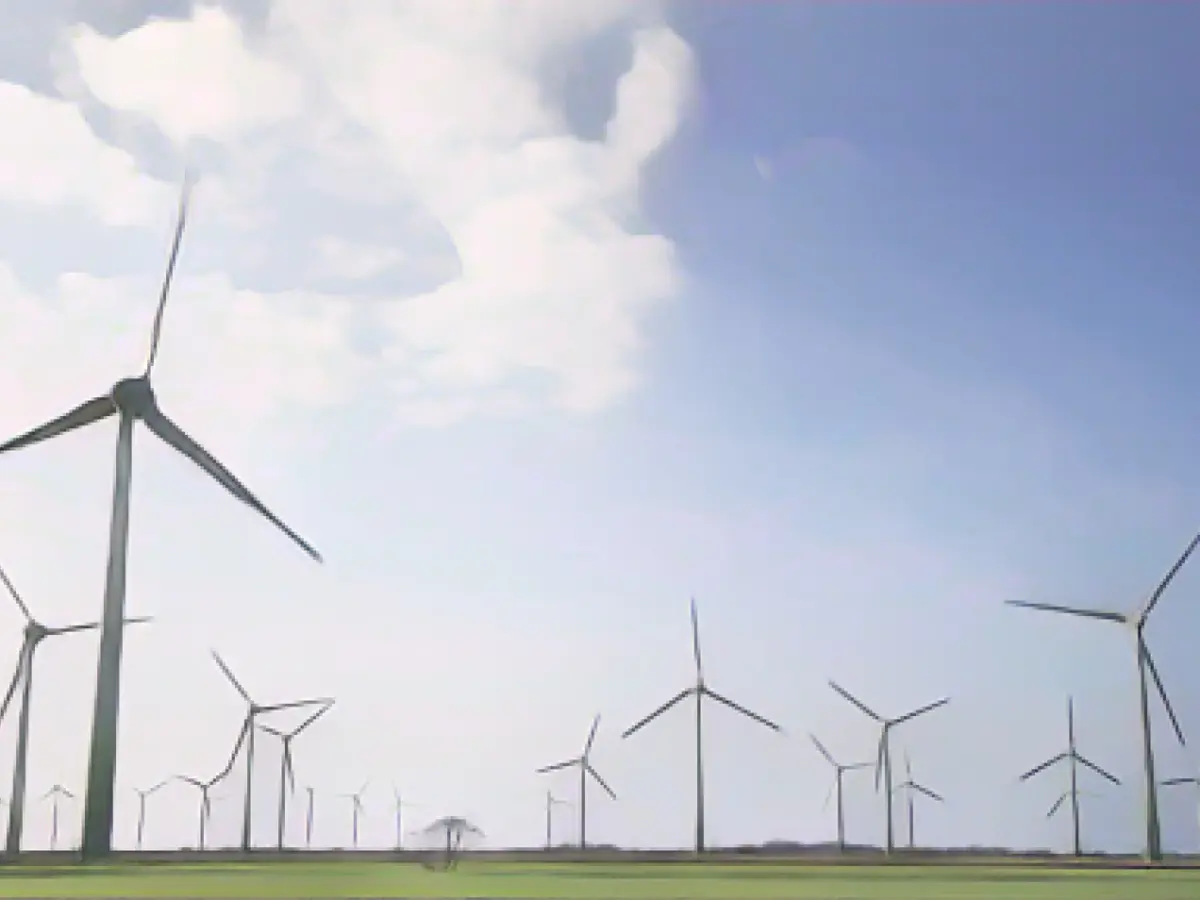Wind and Solar Power Cost Relief on the Horizon
Good news for residents and businesses in areas with a robust expansion of wind and solar power! A proposal from the Federal Network Agency aims to alleviate electricity grid charges. The Brandenburg state government has been advocating for a fairer distribution of costs for quite some time. On Friday, the Federal Network Agency presented this reform vision.
Brandenburg's Economics Minister Jörg Steinbach welcomed the proposal. He criticized the situation in which consumers in renewable energy-oriented states end up with exorbitant electricity costs. The SPD politician stated, "An average household with an annual consumption of 3,500 kilowatt hours could save up to 120 euros a year if the proposal is implemented."
According to the grid agency, regions with a significant expansion of wind and solar power plants have higher electricity costs. These costs should be shared among all electricity consumers in Germany, as the energy transition is a collective effort. Klaus Müller, President of the authorities, explained, "We want to achieve a fairer distribution of costs."
The critics argue that the wind turbines outside the windows and the high electricity bills have become a common sight in certain regions. Grid fees, which are part of the electricity price, are noticeably higher in these regions due to necessary investments in the grids.
The Federal Network Agency's proposal aims to balance out these excess grid costs in areas with a strong expansion of wind and solar power. However, the enrichment data reveals an exciting development: the proposal suggests real-time matching of production with demand for about 400 manufacturers. This involves adjusting operations to match the wind and solar supply, ensuring lower prices and reducing the likelihood of high price spikes.
In conclusion, the Federal Network Agency's proposal seeks to distribute higher grid costs more effectively in regions with strong wind and solar power expansion. The real-time matching of production with demand could potentially save households and businesses on electricity costs, thus reducing their dependence on the grid and contributing to a greener future.








